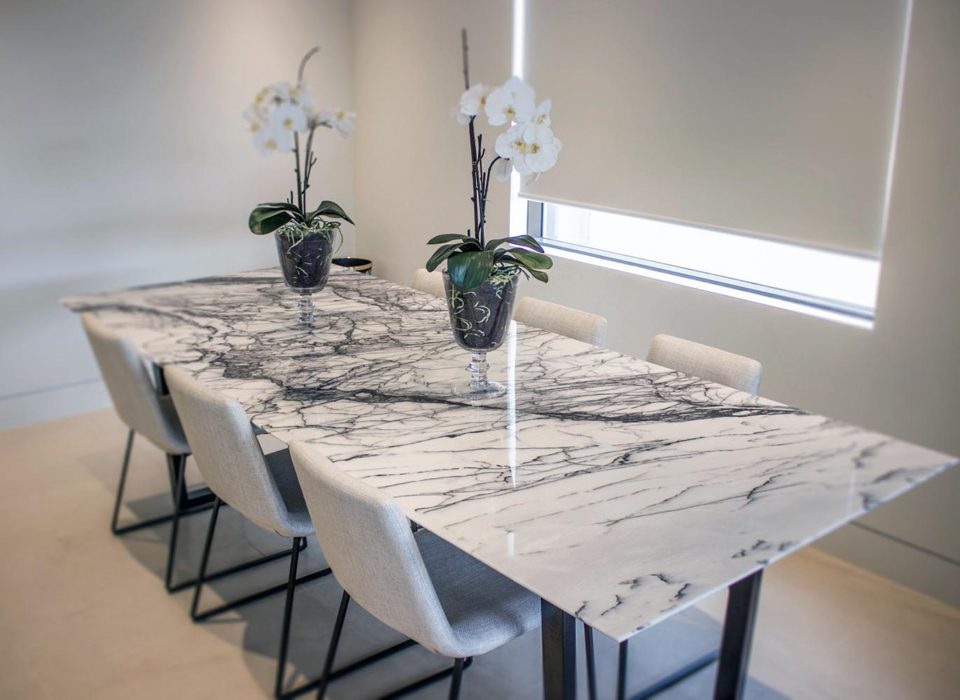Factors for Choosing Right Stone for Your Cooking area
When we think of home we are filled with a a feeling of calm and tranquility, and when we are hair styling it, we think of using nothing but the best content for it. So, how is it that kitchen be left behind, the kitchen where a great deal of time is spent doing the most useful activity in the world: “cooking”.

There are different gems that can be selected, much like the naturally occurring granite, quartzite, pebble, sandstone and man-made stones similar to quartz etc. Every stone has its own pros and cons and are selected simply by different people as attractiveness lies in the eye with the beholder.
So what are the standards that affect the choice of stones to be used?
1. Cost: The fee is often one of the key determiners in choosing a stone for that kitchen. The cost of your stone depends on different factors like demand for the actual stone, the color, your cut, thickness and many others, the more difficult to find the stone in nature, the more costly it becomes.
2. Physical appearance: The natural stones don’t possess a uniform color and design, this may be seen as an aberration or a a thing of beauty. While the manmade stones are more uniform in features. Natural stones can be purchased only in the colors they occur in character but to the man-made as well as engineered stones pigments can be added to lend color to the gemstone. It is also because of their unique uneven pattern in which natural stones are found to be more expensive.
Three or more. Durability and treatment: Most of the naturally occurring gems are porous naturally, thus requiring much more care and maintenance. They need to be covered after every 24 months. Without proper seal the actual stains can permeate into the stone and will lead to staining. The guy made stones are not porous and will as a result not absorb drinks and stain needing less care and are more long lasting compared to natural stones. Organic and natural stones require a bit more TLC than the engineered stones.
4. Availability- The availability is also a factor when choosing a counter stone for that kitchen, the rock which is locally offered will certainly cost less as opposed to stone which may have to become transported over a cross country.
5. Installation- The setups costs differ from stone to stone. As an example, granite slabs are not easy to install because of pure size, whereas the particular granite tiles getting smaller in size can be easily manipulated into setting up anywhere.
6. Hardness- The engineered stone counter tops are very hard, in order that they don’t crack just as easily as granite or slate. It is also resistance against heat, and would therefore not find scorched by it.
More details about stone tables explore this popular website: click for more info